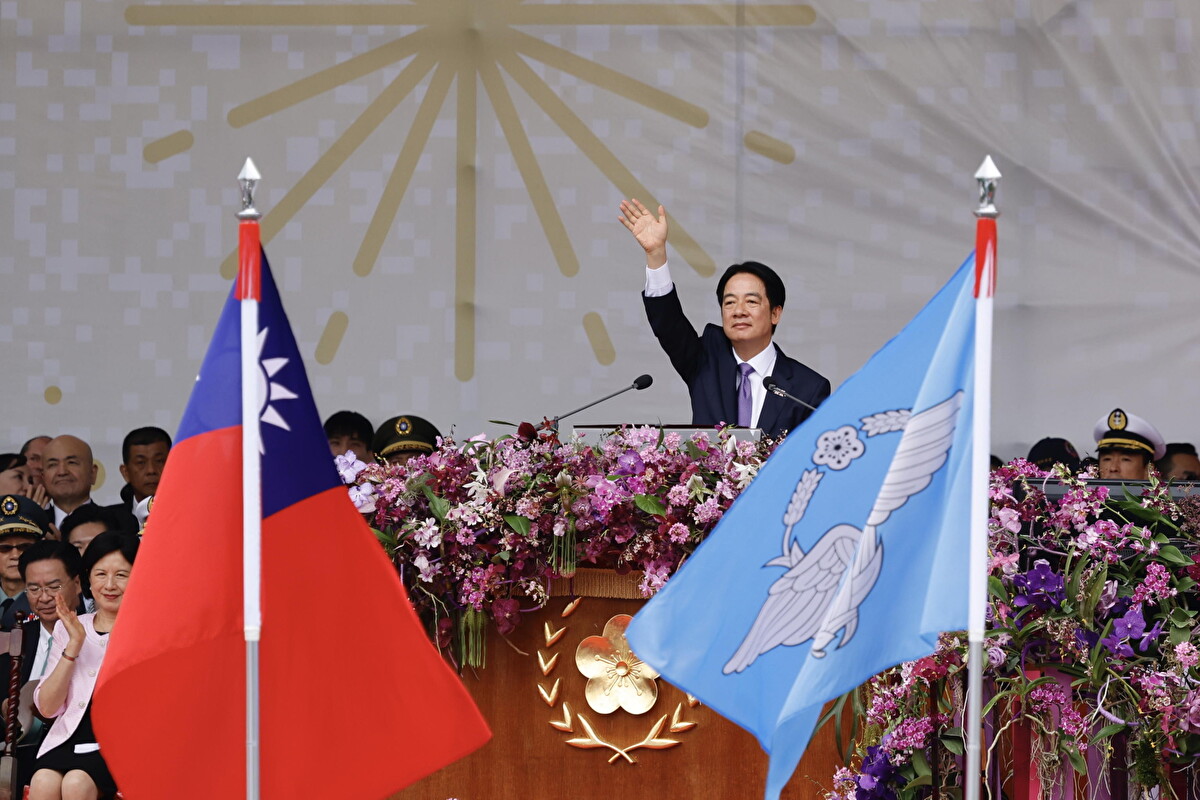Donald Trump is allegedly preparing for a dramatic reshaping of the U.S. military’s role should he win a second term, aiming to transform it into a powerful tool for enforcing domestic policies. His vision, The Associated Press claims, could lead to the military being deployed within the United States to carry out actions traditionally reserved for law enforcement, raising alarms about potential abuses of power.
Recentely, at a rally in Colorado, Trump declared Aurora a “war zone” overrun by “Venezuelan gangs,” a claim swiftly countered by local authorities who pointed out that only a small section of the city faced issues. “I will rescue Aurora and every town that has been invaded and conquered,” he declared, vowing to “put these vicious and bloodthirsty criminals in jail or kick them out of our country.” Such rhetoric hints at a readiness to use military force against immigrants and underscores his focus on aggressive border security.
The New York Times highlights Trump’s plan to recall thousands of American troops from overseas to bolster efforts at the U.S.-Mexico border. This would mark a significant shift in military function—from a protective force to an enforcement arm for domestic policy. Trump positions himself against an imagined “enemy from within,” referring to political adversaries and activists. “We have some very bad people. We have some sick people, radical left lunatics,” he remarked during a Fox News interview, suggesting that military intervention might be necessary.
Supporters like Ron Vitiello, the former acting director of Immigration and Customs Enforcement, speak of an unprecedented alignment among federal agencies. “There could be an alliance that maybe has never been done before,” he noted, hinting at a strategic coordination between the Justice Department, Homeland Security, and the Department of Defense.
But not everyone in Trump’s party is fully on board with these plans. Senator Roger Wicker of Mississippi expressed the need for any border security efforts to be spearheaded by the Department of Homeland Security, not the military. “The effort needs to be led by the Department of Homeland Security,” he stated, reflecting a divide within the GOP over the implications of Trump’s agenda.
Human rights advocates are also sounding alarms. Todd Schulte, president of FWD.us, warned that the military’s involvement in domestic matters could lead to “mass raids of American families at a scale that harkens back to some of the worst things our country has done.”
Trump’s vision of utilizing the military domestically could eventually escalate tensions within his party, especially between traditional hawks and those advocating for an isolationist, “America First” approach. The former president is ready to invoke wartime or emergency powers, leveraging laws like the Alien Enemies Act or the Insurrection Act, which permits military deployment against U.S. citizens. Senator Richard Blumenthal, who has sought to reform the Insurrection Act, pointed out that Trump’s plans reveal a dangerous misunderstanding of the military’s purpose, stating that it should serve national defense, not personal political agendas.












